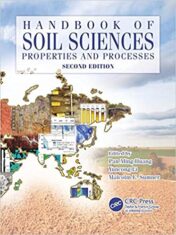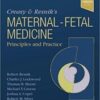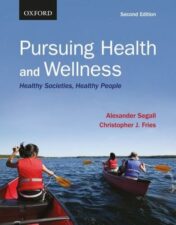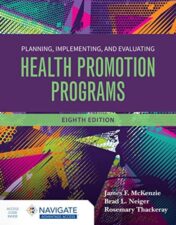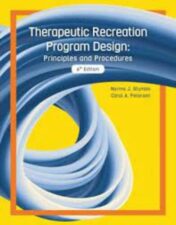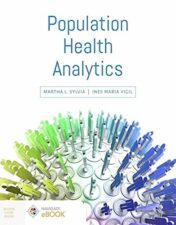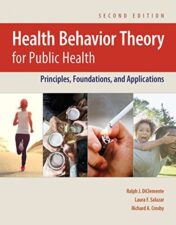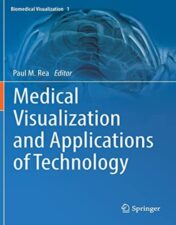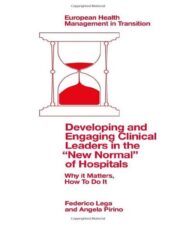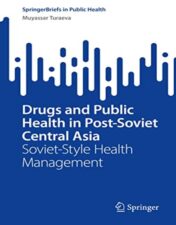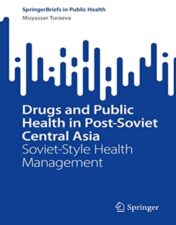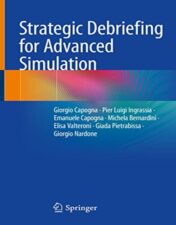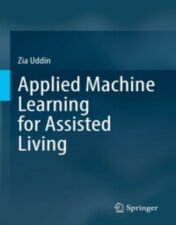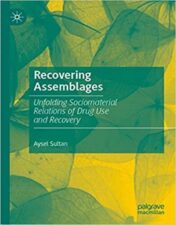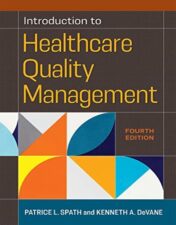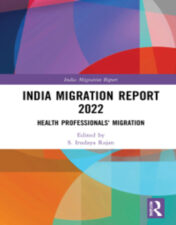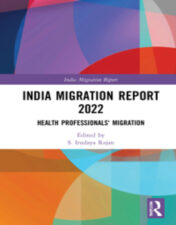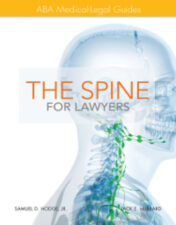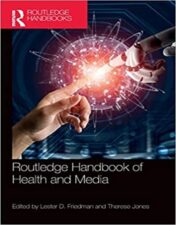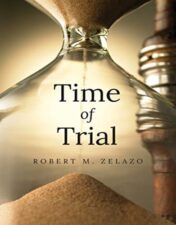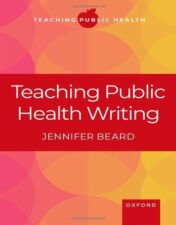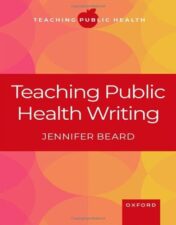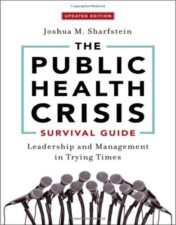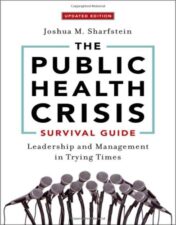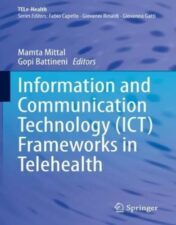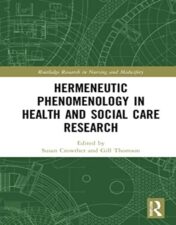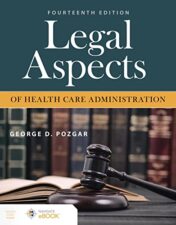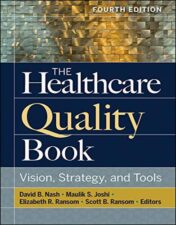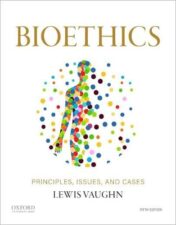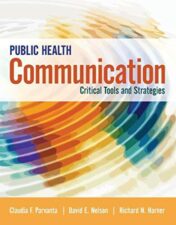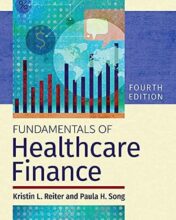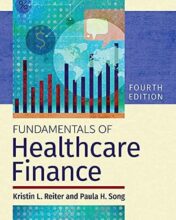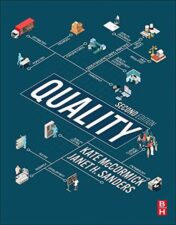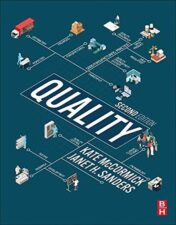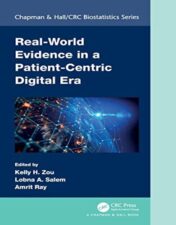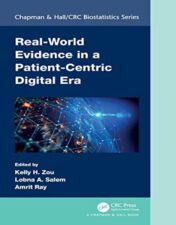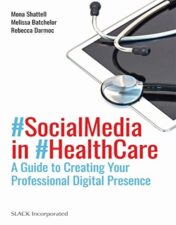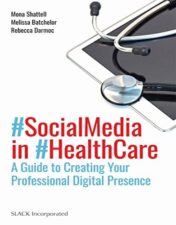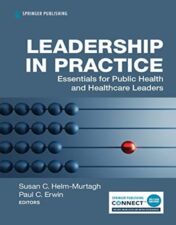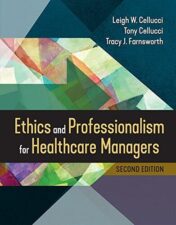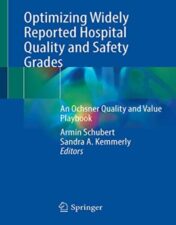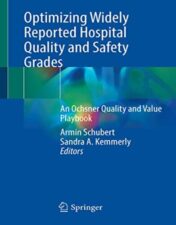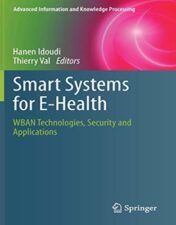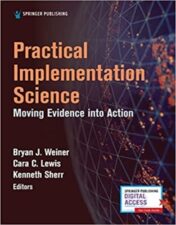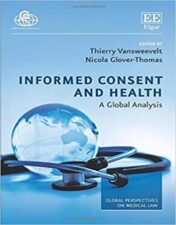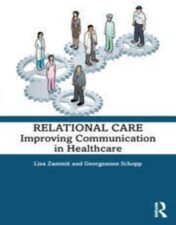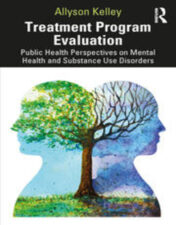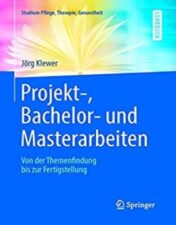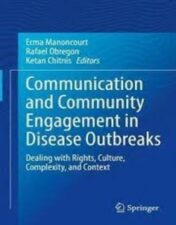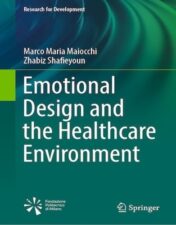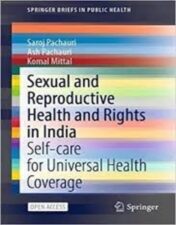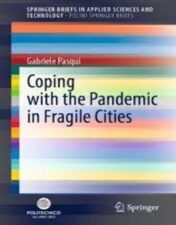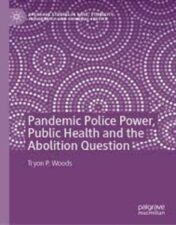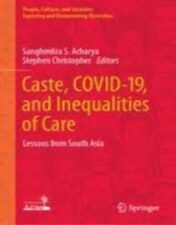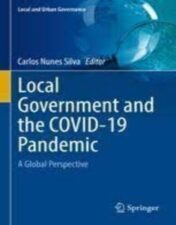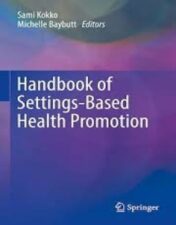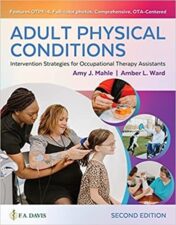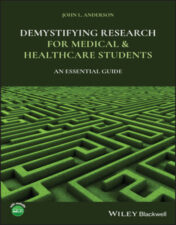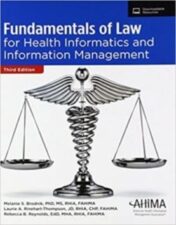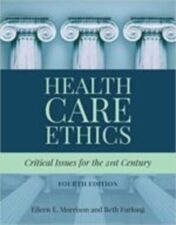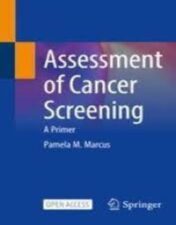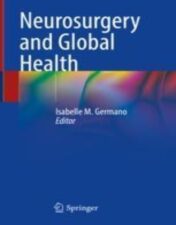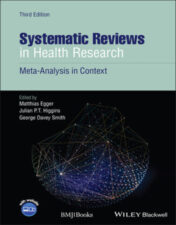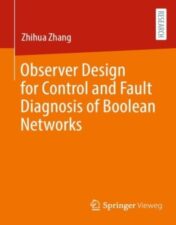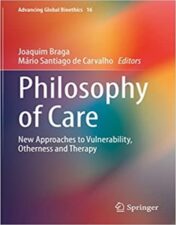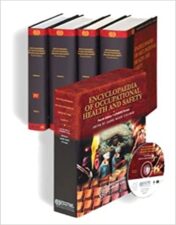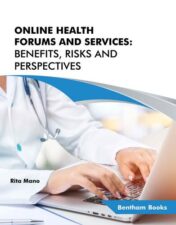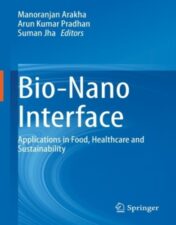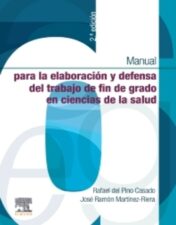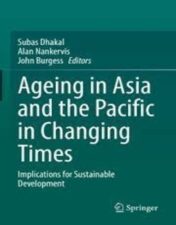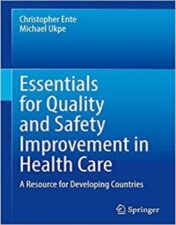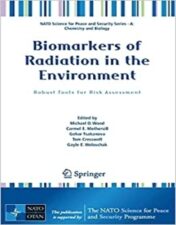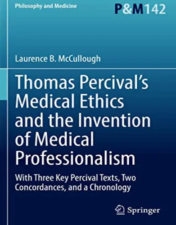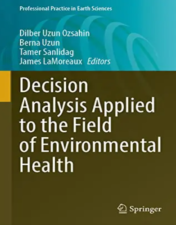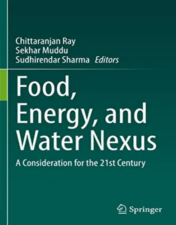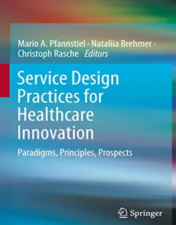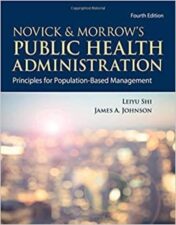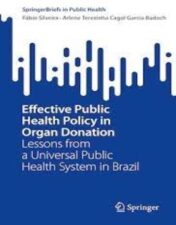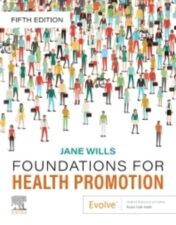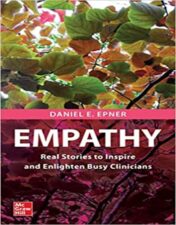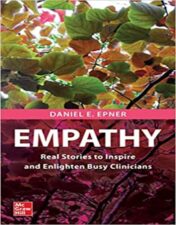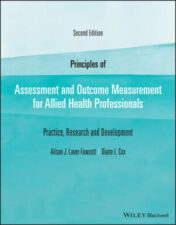Handbook of Soil Sciences : Properties and Processes, Second Edition (PDF) 2011
$16
Handbook of Soil Sciences : Properties and Processes, Second Edition (PDF) 2011
An evolving, living organic/inorganic covering, soil is in dynamic equilibrium with the atmosphere above, the biosphere within, and the geology below. It acts as an anchor for roots, a purveyor of water and nutrients, a residence for a vast community of microorganisms and animals, a sanitizer of the environment, and a source of raw materials for construction and manufacturing. To develop lasting solutions to the challenges of balanced use and stewardship of the Earth, we require a fundamental understanding of soil―from its elastic, porous three-phase system to its components, processes, and reactions.
Handbook of Soil Sciences: Properties and Processes, Second Edition is the first of two volumes that form a comprehensive reference on the discipline of soil science. Completely revised and updated to reflect the current state of knowledge, this volume covers the traditional areas of soil science: soil physics, soil chemistry, soil mineralogy, soil biology and biochemistry, and pedology. Contributors discuss the application of physical principles to characterize the soil system and mass and energy transport processes within the critical zone. They present significant advances in soil chemistry; describe how minerals are formed and transformed; and provide an introduction to the soil biota. They also examine geomorphology, land use, hydropedology, and subaqueous soils as well as the classification and digital mapping of soil.
Critical elements addressed in each section include:
-
- Descriptions of concepts and theories
- Definitions, approaches, methodologies, and procedures
- Data in tabular and figure format
- Extensive references
This cohesive handbook provides a thorough understanding of soil science principles and practices based on a rigorous, complete, and up-to-date treatment of the subject matter compiled by leading scientists. It is a resource rich in data, offering professional soil scientists, agronomists, engineers, ecologists, biologists, naturalists, and students their first point of entry into a particular aspect of the soil sciences.
Related Products
Public Health Books
Introduction to Health Behavior Theory, 4th Edition 2022 Original PDF
Public Health Books
Public Health Books
Strategic Debriefing for Advanced Simulation 2022 Original PDF
Public Health Books
Applied Machine Learning for Assisted Living 2022 Original PDF
Public Health Books
Introduction to Healthcare Quality Management, Fourth Edition 2022 epub+converted pdf
Public Health Books
Public Health Books
Public Health Books
Public Health Books
The Spine for Lawyers: ABA Medical-Legal Guides 2014 epub+converted pdf
Public Health Books
Transcend Fear: A Blueprint for Mindful Leadership in Public Health 2021 Original PDF
Public Health Books
Routledge Handbook of Health and Media 2022 epub+converted pdf
Public Health Books
Public Health Books
Public Health Books
Public Health Books
Public Health Books
Reconsidering Patient Centred Care: Between Autonomy and Abandonment 2022 Original PDF
Public Health Books
Information and Communication Technology (ICT) Frameworks in Telehealth 2022 Original PDF
Public Health Books
Legal Aspects of Health Care Administration, 14th edition 2022 epub+converted pdf
Public Health Books
The Healthcare Quality Book: Vision, Strategy, and Tools, 4th edition 2019 Original PDF
Public Health Books
Bioethics: Principles, Issues, and Cases, 5th edition 2022 Epub+ converted pdf
Public Health Books
Public Health Communication: Critical Tools and Strategies 2017 Epub+ converted pdf
Public Health Books
Fundamentals of Healthcare Finance, Fourth Edition 2022 Epub+ converted pdf
Public Health Books
Fundamentals of Healthcare Finance, Fourth Edition 2022 Original PDF
Public Health Books
Public Health Books
Public Health Books
Public Health Books
Transforming Healthcare : An Insider’s Look on Why and How 2022 Original PDF
Public Health Books
Relational Care: Improving Communication in Healthcare 2022 Original PDF
Public Health Books
Public Health Books
Emotional Design and the Healthcare Environment 2022 Original pdf
Public Health Books
Coping with the Pandemic in Fragile Cities 2022 Original pdf
Public Health Books
Pandemic Police Power, Public Health and the Abolition Question 2022 Original pdf
Public Health Books
Caste, COVID-19, and Inequalities of Care Lessons from South Asia 2022 Original pdf
Public Health Books
Local Government and the COVID-19 Pandemic A Global Perspective 2022 Original pdf
Public Health Books
Handbook of Settings-Based Health Promotion 2022 Original pdf
Public Health Books
Health Care Ethics: Critical Issues for the 21st Century 2019 Original pdf
Public Health Books
Public Health Books
Public Health Books
Observer Design for Control and Fault Diagnosis of Boolean Networks 2021 Original PDF
Public Health Books
Online Health Forums and Services: Benefits, Risks and Perspectives 2022 Original PDF
Public Health Books
Bio-Nano Interface: Applications in Food, Healthcare and Sustainability 2021 Original PDF
Public Health Books
Food, Energy, and Water Nexus: A Consideration for the 21st Century 2022 Original PDF
Public Health Books
Foundations for Health Promotion, 5th Edition 2022 EPUB & converted pdf
Public Health Books
Empathy: Real Stories to Inspire and Enlighten Busy Clinicians 2022 Epub & converted pdf
Public Health Books
Empathy: Real Stories to Inspire and Enlighten Busy Clinicians 2022 Original pdf

